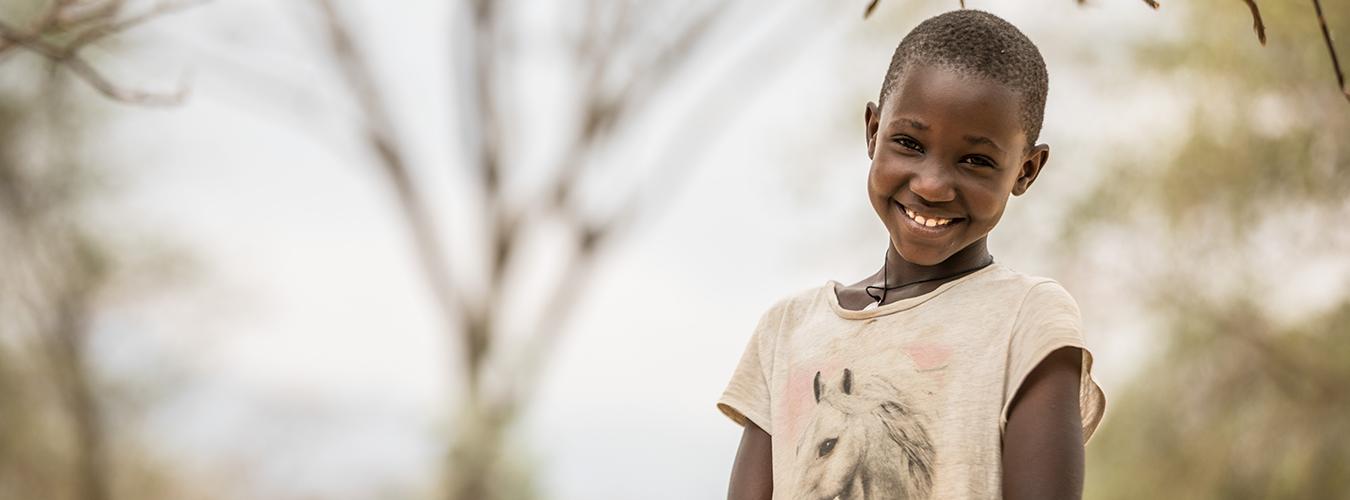
Watch
End Female Genital Mutilation
All girls are born complete. Activists from around the world speak out about why female genital mutilation must end and how we can eradicate this harmful traditional practice from our world.
Listen
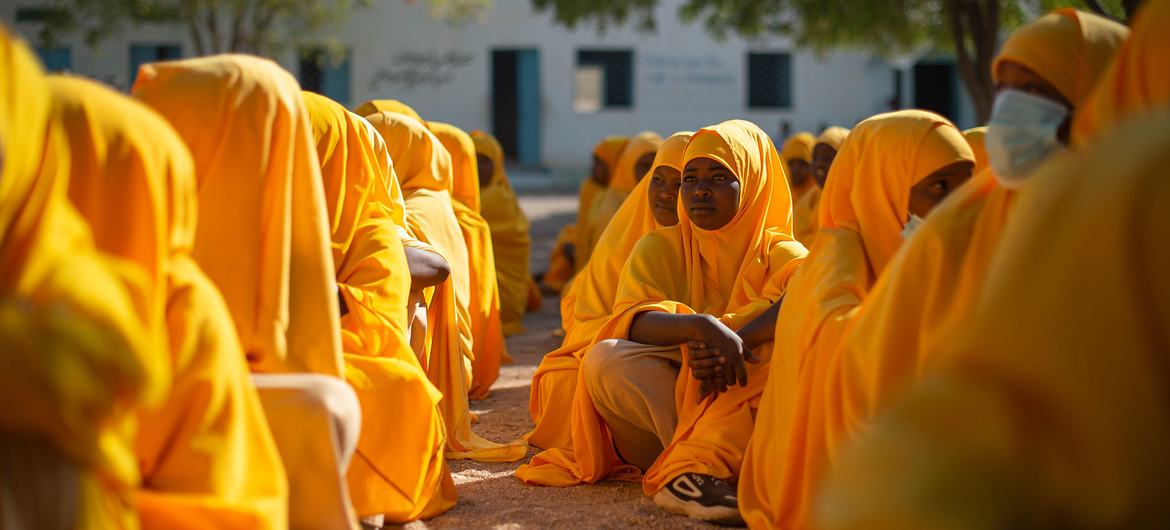
Daughters of Somalia, a continuous pledge to end female genital mutilation
In Somalia, over 90 per cent or more of girls and women, have been subjected to female genital mutilation, or FGM. Despite the practice having devastating health ramifications for women and girls - including pain, bleeding, permanent disability and even death - discussion over how to end the harmful tradition, remains taboo.
Stories

Female genital mutilation in Mali: The fight to end a deadly tradition
In Mali, where 89% of women between the ages of 15 and 49 have undergone female genital mutilation (FGM), activists like Siaka Traoré fight to end this harmful practice. Despite lacking national laws against FGM, advocates work tirelessly to change cultural norms and protect women and girls from this dangerous tradition.

Survivors as advocates for change amid the proposed repeal of the FGM law in The Gambia
Sainey M Ceesay is one of such survivors advocating for an end to Female Genital Mutilation in The Gambia. She was circumcised at just 8 years old without her parents' consent. Sainey’s heartbreaking testimony is one held by over 70% of survivors of FGM in The Gambia.
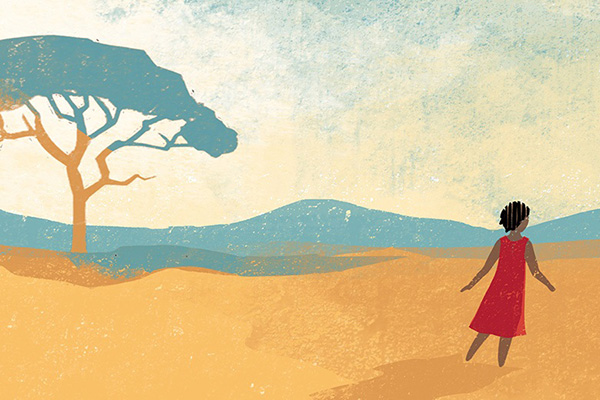
Survivor, Nurse, Advocate: Catherine Meng’anyi’s Effort On Ending FGM
Catherine Meng’anyi has reached more than 25,000 people from her community by advocating against FGM in a culturally sensitive way. She has rescued more than 200 girls from FGM and early marriage. Catherine has worked under Kenya’s Ministry of Health closely with the World Health Organization (WHO) in adapting materials used to end FGM and applies the WHO’s person-centred approaches to FGM prevention and care.
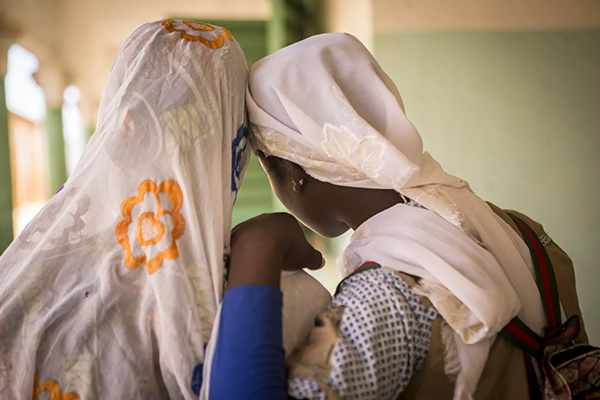
Young And Committed To Girls Well-Being In Mali
In April 2023, UNICEF conducted advocacy training for 50 young girls and boys from southern Mali. Among them was 24-year-old Salimata Camara, hailing from Kati in the Koulikoro region.
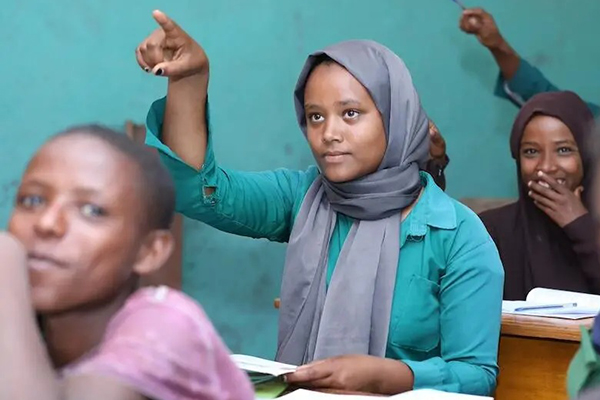
Overcoming Female Genital Mutilation: Zekia's Resilience and the Impact of Collective Action
In Ethiopia, Zekia is driving positive change in her community to end female genital mutilation. An additional commitment from Sweden will support the UNFPA-UNICEF Joint Programme on the Elimination of Female Genital Mutilation through collective action and community mobilization.
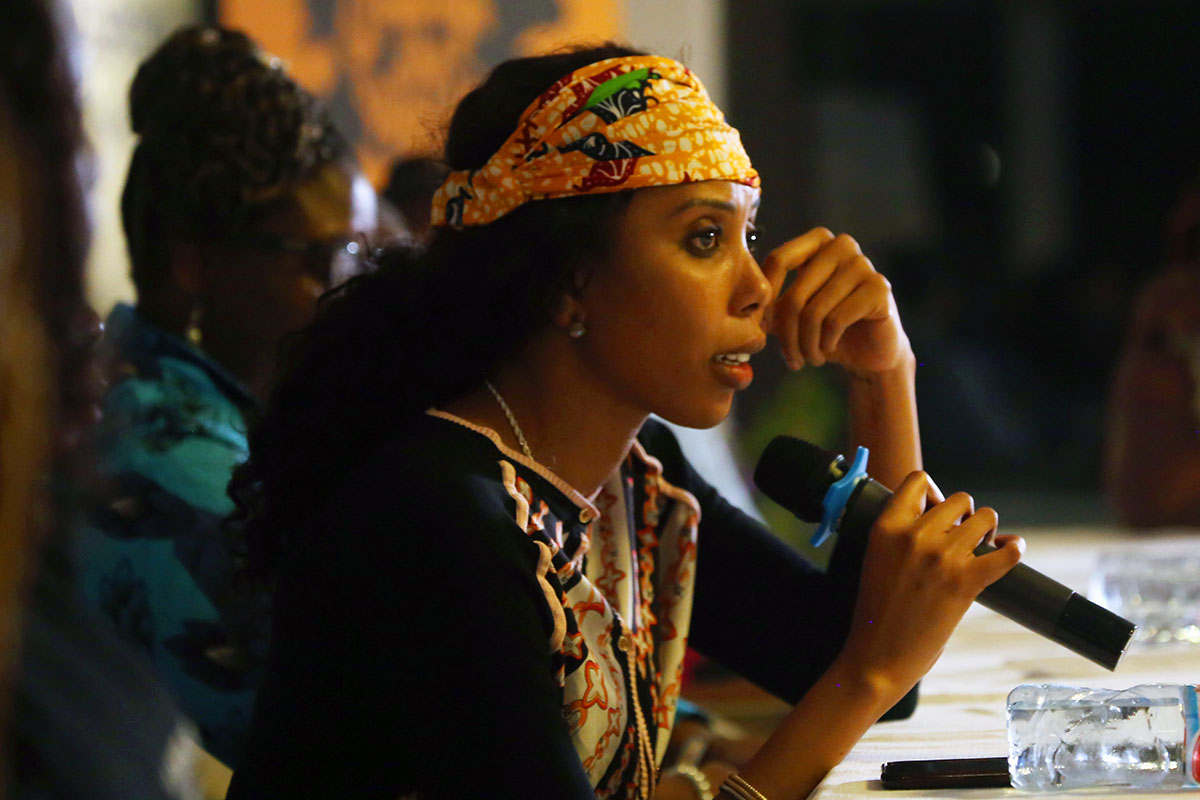
Jaha Dukureh: “As long as I am alive, I will wake up every single day and scream to the world that FGM is wrong and child marriage is not different from rape.”
Jaha Dukureh is the UN Women Goodwill Ambassador for Africa. A renowned activist, she herself is a survivor of female genital mutilation (FGM) and child marriage. On 19 to 27 November 2022, Jaha undertook a mission to Liberia to support the Liberian Government in their efforts to eliminate all forms of violence against women and girls, including harmful practices such as FGM and child marriage.
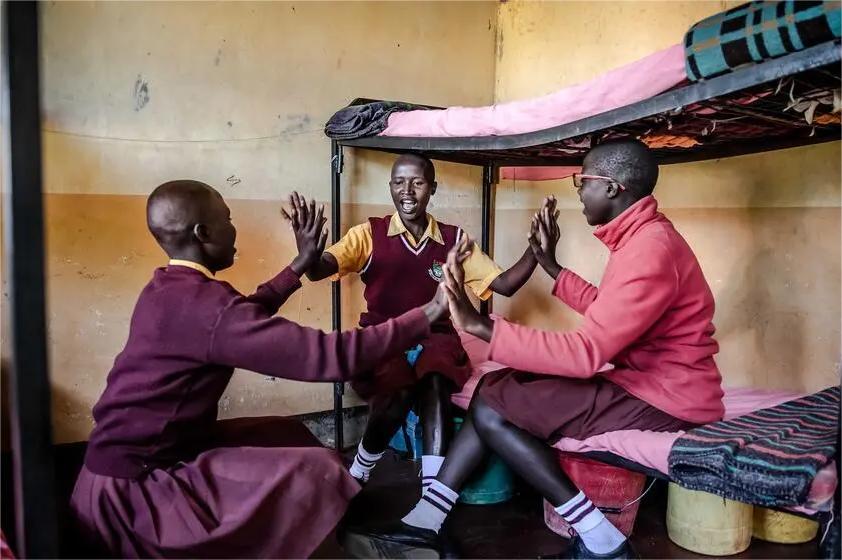
Belgium, Germany and Sweden join forces with UNFPA and UNICEF to eliminate female genital mutilation
The governments of Belgium, Germany and Sweden have pledged new funding to the UNFPA-UNICEF Joint Programme on the Elimination of Female Genital Mutilation. An additional $23.1 million dollars from the donor countries will help prevent thousands of women and girls from undergoing female genital mutilation in the years to come.
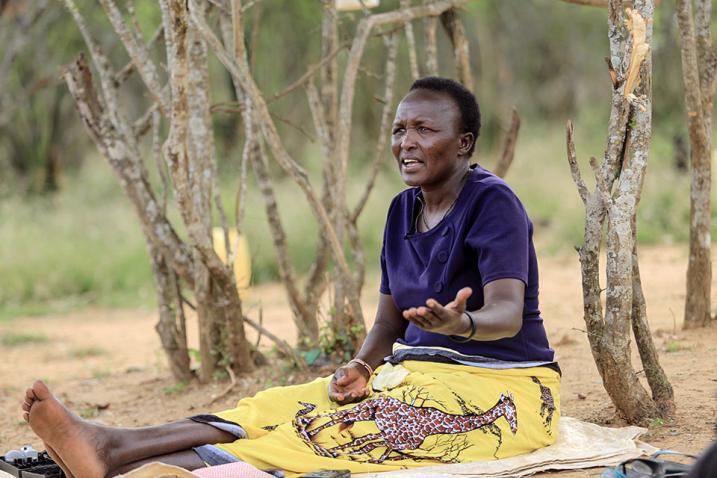
Rooting out FGM in rural Uganda
From an FGM survivor to a practitioner to now an advocate working to eliminate the practice in her community, Priscilla Nanagiro is among 60 community activists working with a UN Women programme to drive out the practice of FGM in rural communities in Uganda. The programme uses a methodology called “SASA!” – a comprehensive model that has had much success in changing harmful social norms through community engagement around the world, and particularly in Africa.
